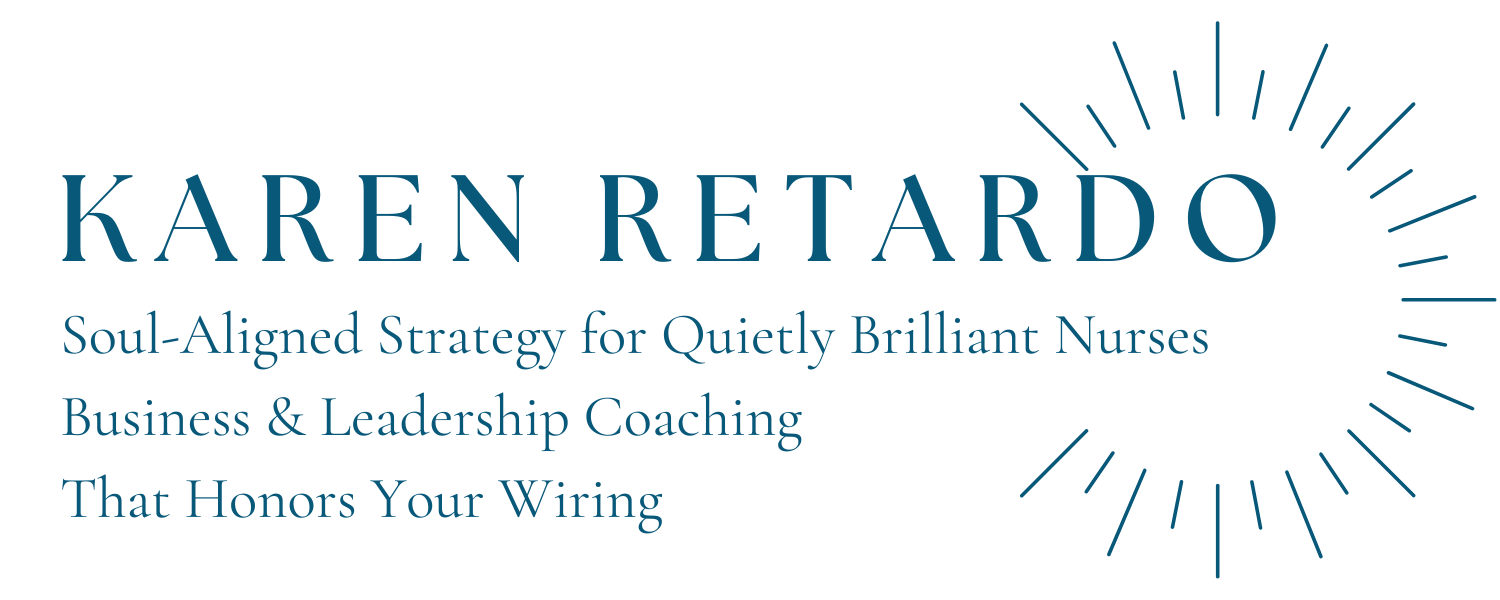Dealing with Microaggressions at Work: Strategies for Standing Your Ground
“Your English is really good! I can barely hear your accent.”
That’s the thing about microaggressions.
They slip into everyday conversations, coated in compliments or curiosity.
And they leave you wondering: Did that really happen? Or am I overreacting?
What Microaggressions Actually Are
Microaggressions are subtle, everyday behaviors or comments that—intentionally or not—send a message that you don’t quite belong. They often show up like this:
“Where are you really from?”
“You’re so articulate!”
“Wow, you’re a nurse and a mom? How do you do it?”
Repeatedly mispronouncing your name, even after being corrected
Speaking over you in meetings—or repeating your idea like it’s theirs.
They don’t leave bruises, but they leave marks.
Over time, those marks can chip away at your confidence, your sense of safety, and your right to take up space.
The Pressure to Stay Polite
For many immigrant professionals—especially Filipina women—calling out microaggressions can feel... complicated.
We’re raised to be mahinahon (calm), magalang (respectful), and hindi pasaway (not disruptive).
We’re praised for being “easy to work with” and “not like the others.”
And the thought of being labeled “sensitive,” “difficult,” or “angry” is terrifying.
So we stay quiet.
We let it slide.
We try to rise above it.
But here's what I tell my clients:
You can stand your ground without burning bridges.
You can hold your power without losing your peace.
And you deserve to work in a space where you don’t have to shrink.
Strategies for Standing Your Ground (With Grace & Strength)
1. Pause and Name It—Even Gently
Sometimes a calm, clear acknowledgment is enough to disrupt the pattern.
Try:
“Actually, I’ve lived here for over a decade. I’m surprised you’d assume otherwise.”
Or:
“Hmm. That comment landed a little weird. Can you clarify what you meant by that?”
You don’t have to go full confrontation mode.
You just have to interrupt the auto-pilot moment that made you feel small.
2. Reclaim the Space in the Moment
When you’re interrupted, spoken over, or dismissed, try:
“Let me finish my thought.”
“I’d like to return to what I was saying earlier.”
“That idea was mine—let me expand on it.”
You’re not being rude. You’re being rooted. There’s a difference.
3. Use Humor as a Shield (When It Feels Safe)
Sometimes, a little levity can call out the nonsense while keeping the mood light.
“Wow, if I had a dollar every time someone complimented my English, I could retire next week.”
“Is there a prize for ‘least accented nurse of the month’ I didn’t know about?”
This won’t always be your go-to—but in the right moment, it can be disarming and effective.
4. Document Patterns. Keep Receipts.
If microaggressions are coming from the same person or team, keep a record.
Dates
Exact words
Witnesses
Impact
This isn’t petty—it’s protective. It gives you language if/when you need to escalate.
5. Talk to Allies and Supervisors
You don’t have to navigate this alone.
Speak to someone you trust. Ask your manager (or HR) what policies are in place around workplace inclusivity. If your organization has an inclusion or DEI committee, bring this issue forward.
Change doesn’t happen in silence.
6. Choose When to Respond—and When to Walk Away
Not every comment needs a clapback. Not every fight is yours to fight today.
Sometimes, protecting your energy is the powerful move.
That’s not a weakness. That’s discernment.
But when the moment does call for a response—trust that your voice is enough.
You Don’t Have to Carry It Alone
If you’ve ever walked away from a conversation and felt invisible, insulted, or like you were gaslighting yourself—know this:
You're not imagining it.
You're not being dramatic.
And you're not alone.
You are allowed to take up space and set boundaries.
You are allowed to speak up without being perfect.
You are allowed to protect your peace—while still being professional.
Because the real burden isn't speaking up.
The real burden is carrying that silence.
And you don’t have to carry it anymore.
Sign up for my free newsletter, usually sent once a month (and sometimes more often when inspiration strikes!). These are letters from my heart, filled with insights from my personal journey and client work, honest talk about life, and practical tools for managing self-doubt, tapping into inner wisdom, and embracing personal growth.
If you're seeking greater empowerment, satisfaction, and self-confidence, my newsletter will offer a steady source of inspiration, encouragement, and support






